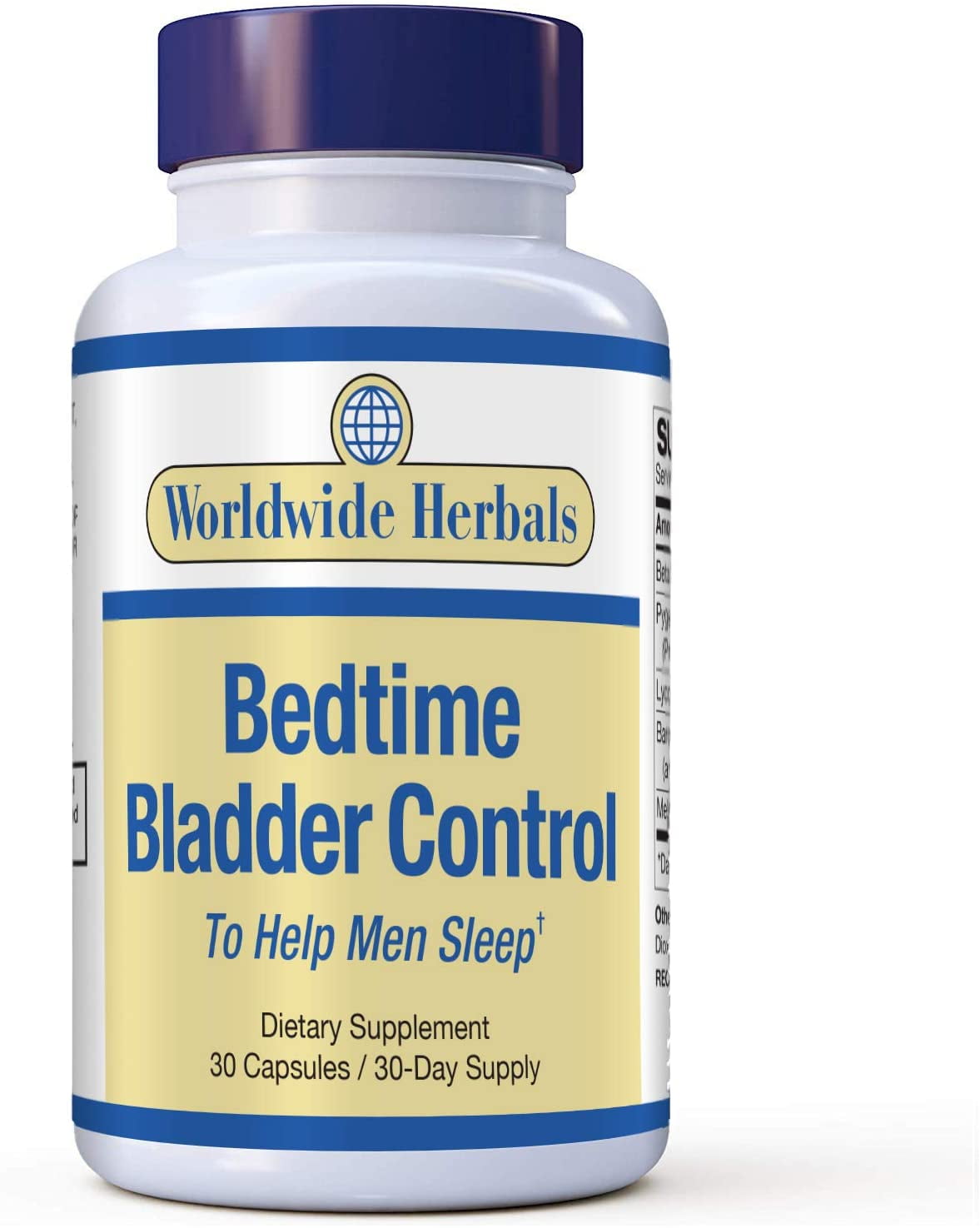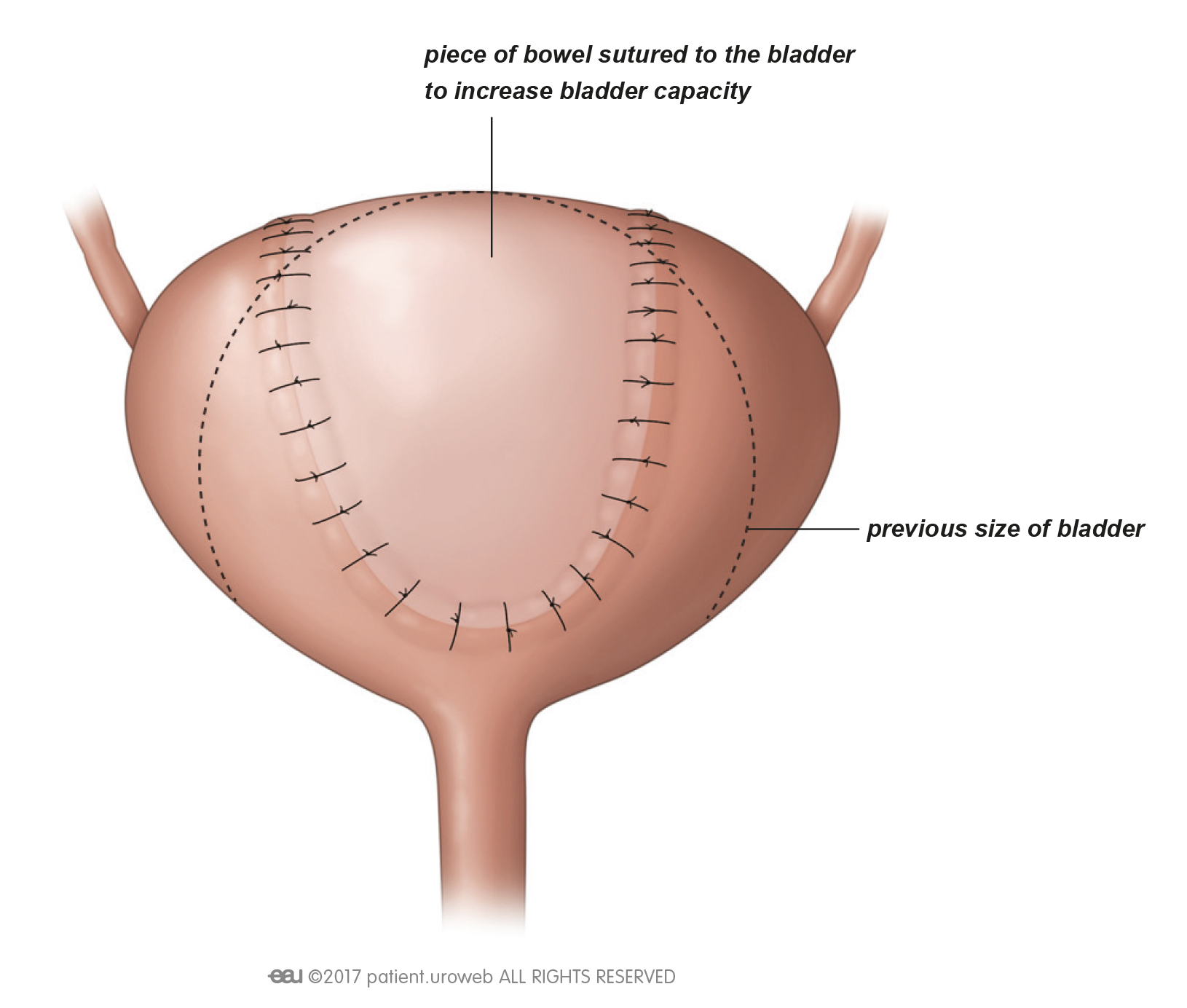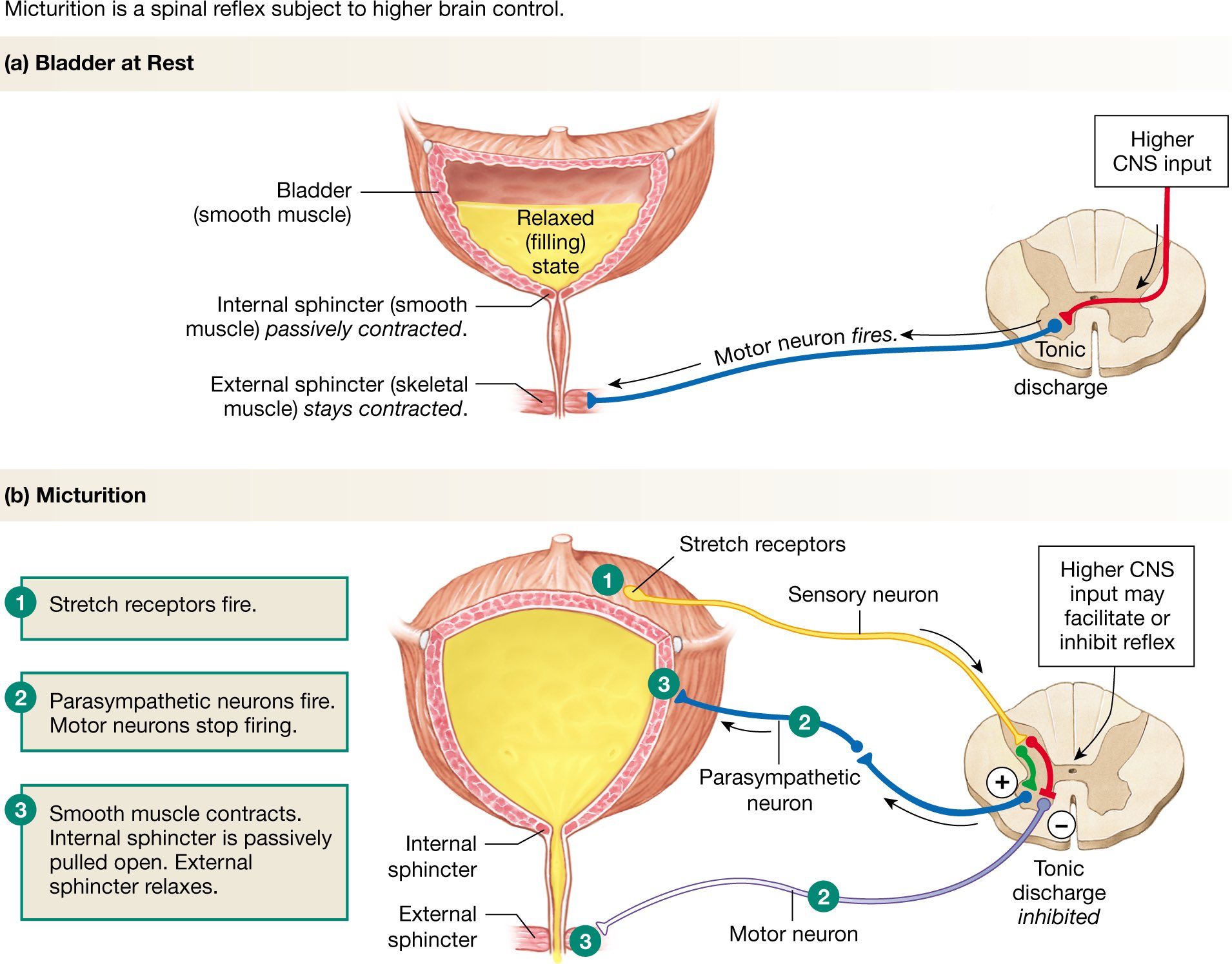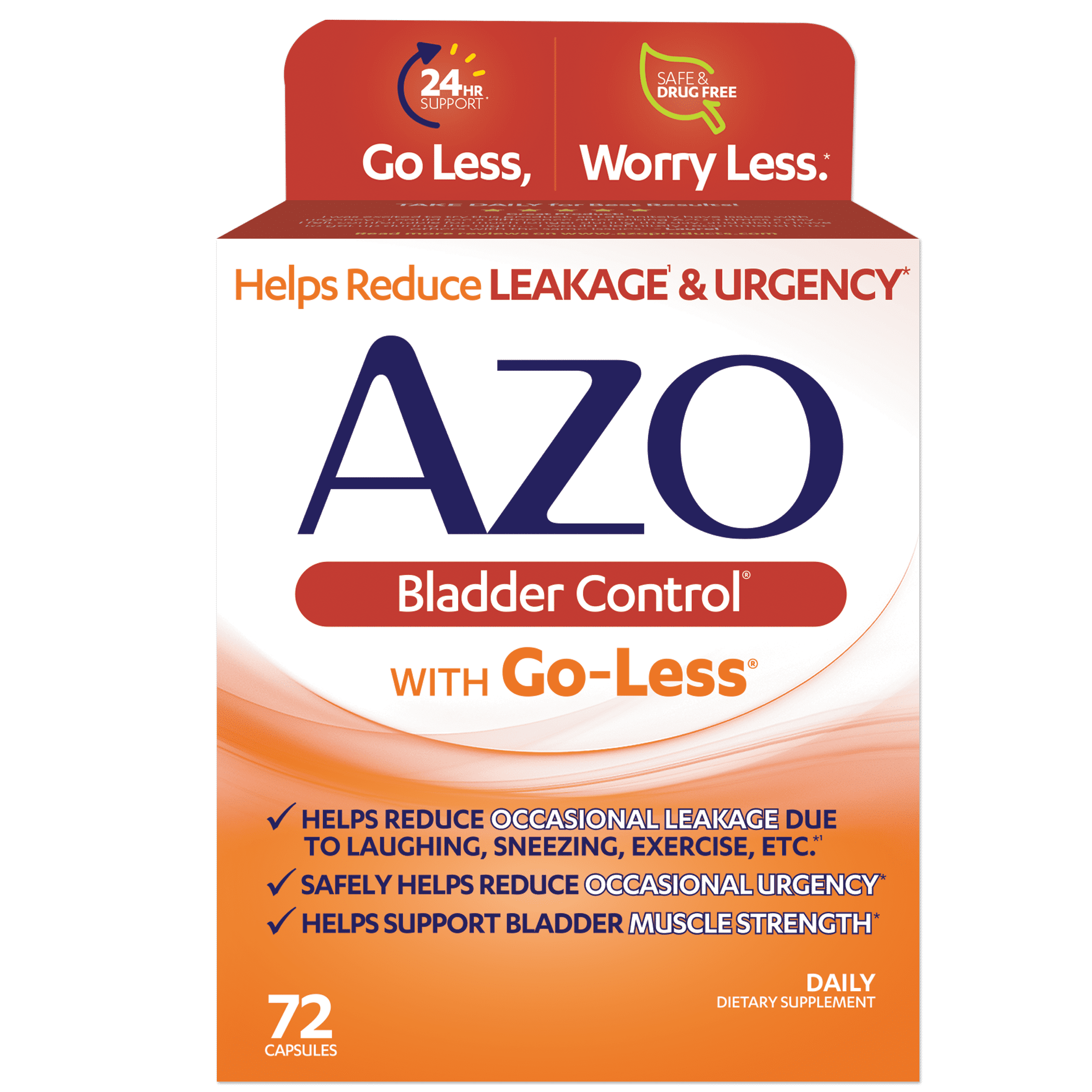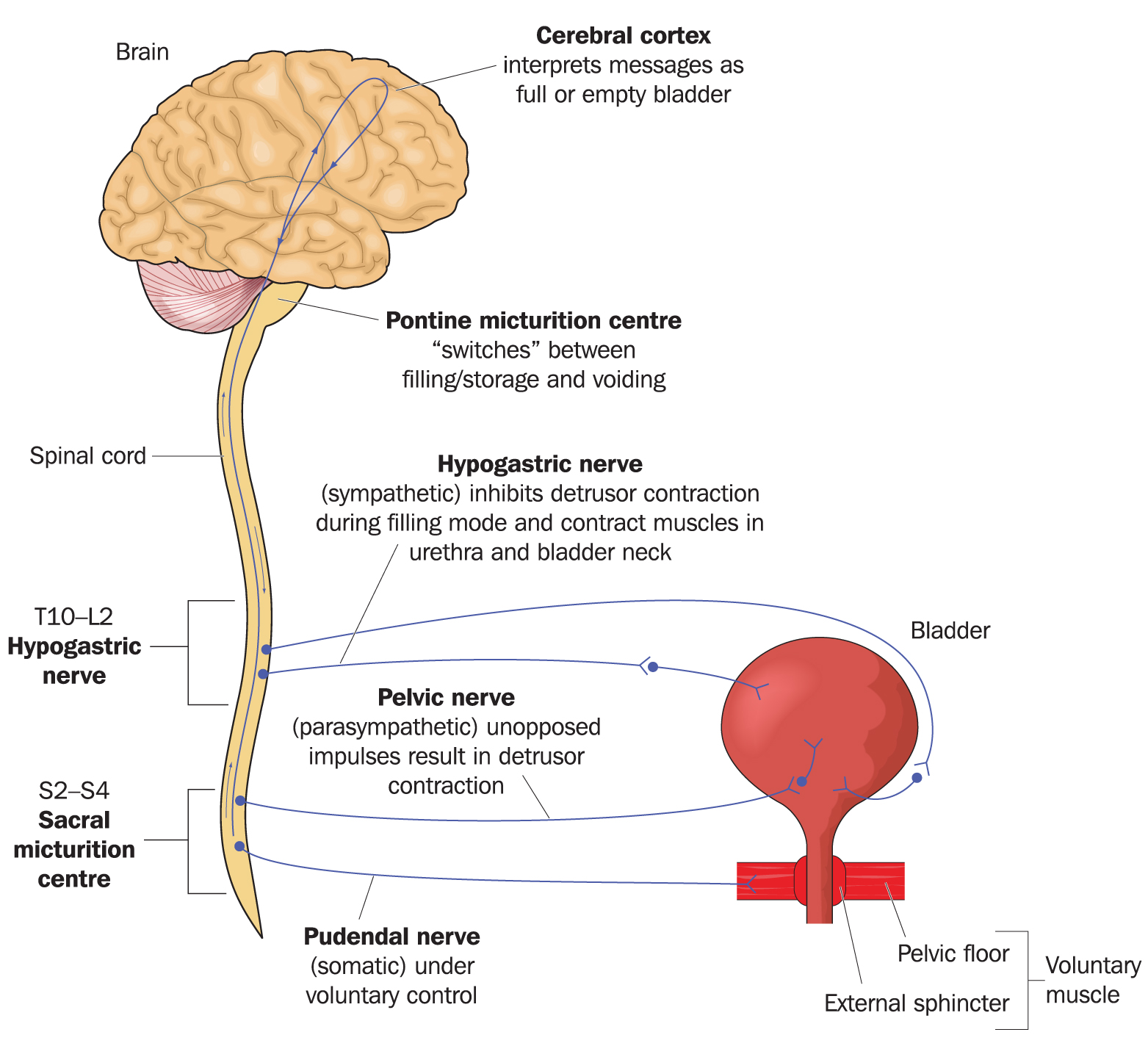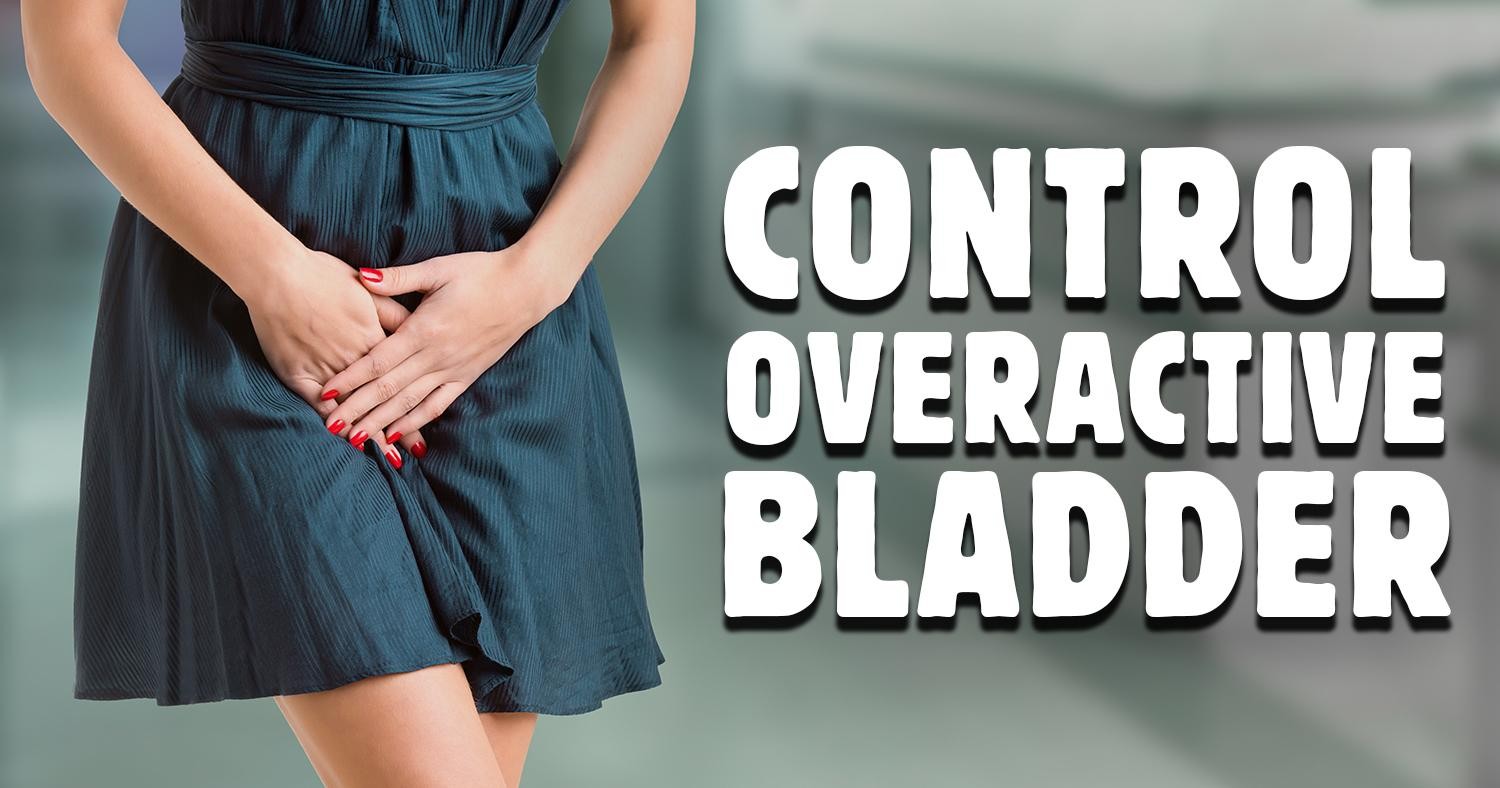Great Tips About How To Control Overactive Bladder

With some time and effort, there are several very doable and natural ways you can overcome an overactive bladder.
How to control overactive bladder. Medication, behavioral interventions, and surgery. They work by strengthening your pelvic floor, the muscles which are responsible. Failure of conservative management necessitates urology.
Oab treatment and diet. This makes it impossible for individuals. Oab is not just part of being.
Typical symptoms of overactive bladder in men include frequent urination, frequent nighttime urination, persistent urge to urinate, and. Checks how much urine your bladder can store and your ability to sense fullness, and helps detect nerve overactivity. Some foods may aggravate overactive bladder (oab) symptoms, but.
Bladder training and pelvic floor exercises are just two natural treatments for overactive bladder. Oab can be controlled. These lifestyle strategies may reduce overactive bladder symptoms:
What is an overactive bladder?
This article discusses overactive bladder, which is defined as the frequent need to urinate that negatively affects one's daily routine. Women may also be prescribed estrogen creams to treat stress incontinence. An overactive bladder (oab) causes a sudden urge to urinate.
They cost little or nothing. Treatments may include changing certain behaviors, medications and nerve stimulation. The bottom line.
Fortunately, there are simple ways to improve bladder control and quality of life. These lifestyle changes work and are safe and easy. It can also trigger involuntary loss of urine, known as.
Below, we’ll cover two of the most common behavioral overactive bladder remedies: An overactive bladder (oab) is a condition where the bladder muscles spasm involuntarily. First line treatment includes lifestyle interventions, pelvic floor exercises, bladder training and antimuscarinic agents.
Research suggests that these nondrug remedies can be very effective for many. Read more about what causes it and how to treat and prevent it. What is an overactive bladder?





